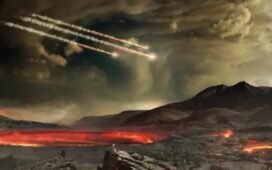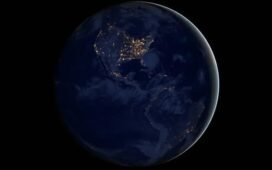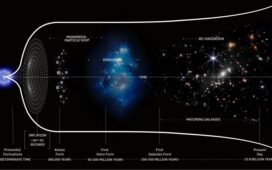65 million years ago, a massive asteroid struck Earth. Not only did Jupiter not stop it, but it most likely caused the impact itself.
One of the greatest existential threats to life on Earth is a tremendous cosmic impact. Whether from an asteroid, comet, or even an interstellar interloper, an energetic-enough collision with Earth — typical of objects a few kilometers or larger in size — could easily cause a mass extinction event. In the worst-case scenario, it could even completely sterilize a living world, bringing an end to a multi-billion year chain of life. These events have, very likely, happened all across the Universe and even our Solar System for many billions of years. Most famously, 65 million years ago, a large asteroid impacted Earth, causing the 5th great mass extinction since the Cambrian explosion, and wiping out 70% of all terrestrial species, including all of the (non-avian) dinosaurs.
The conventional wisdom has long been that our Solar System is well-suited for life because we possess a cosmic shield against these objects impacting Earth: Jupiter. Our Solar System’s most massive planet experiences these collisions more than 10,000 times as frequently as Earth, which led many scientists to believe that Jupiter…















